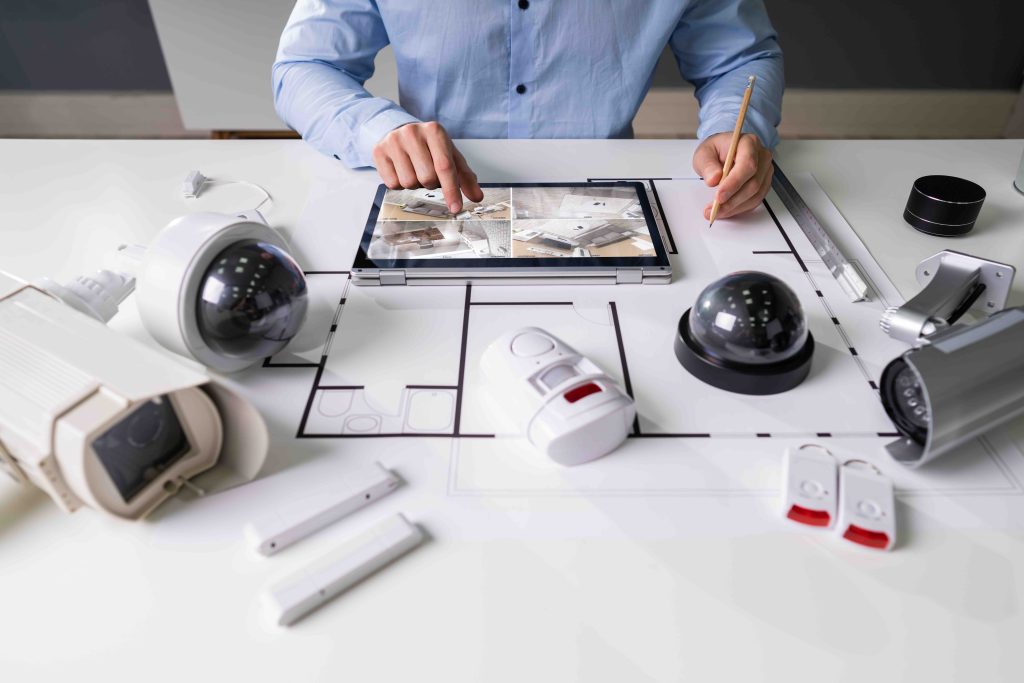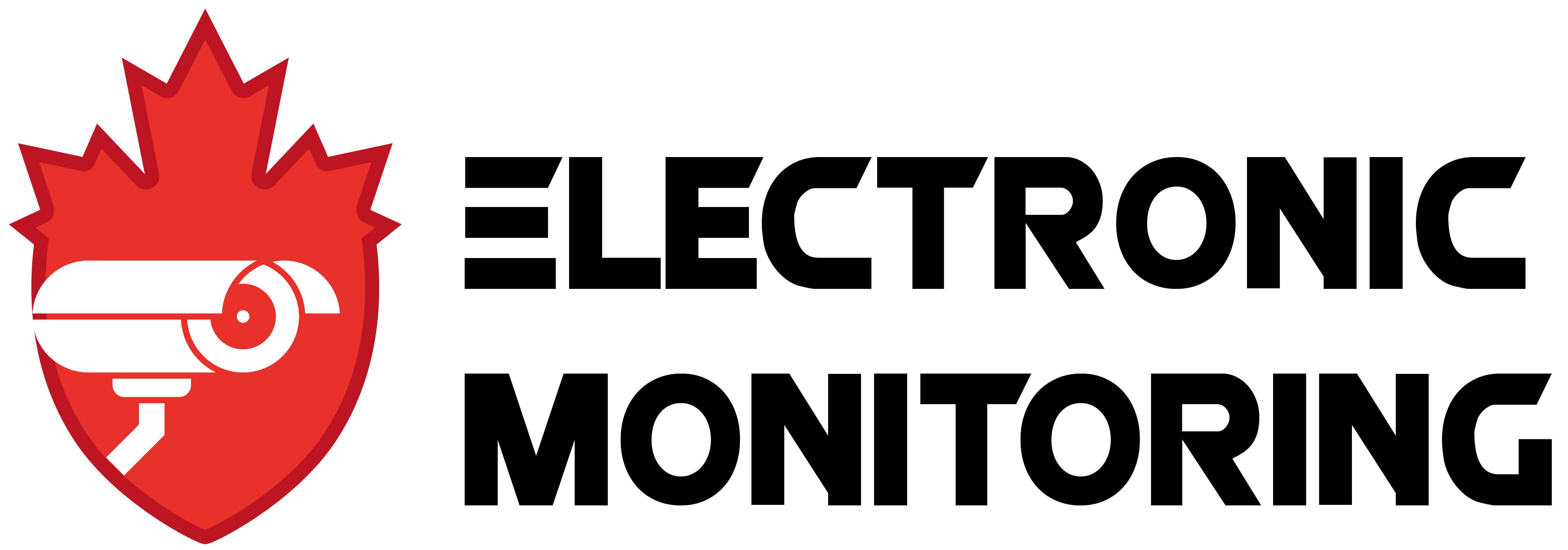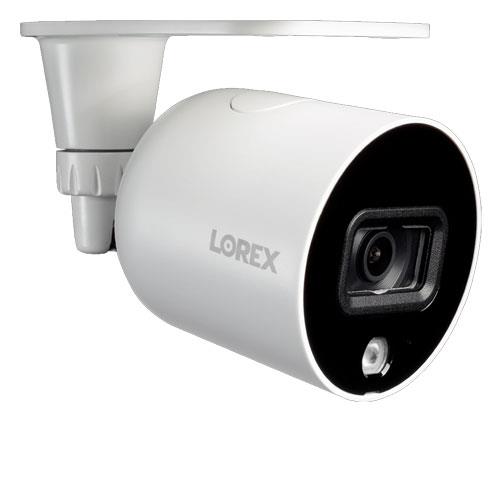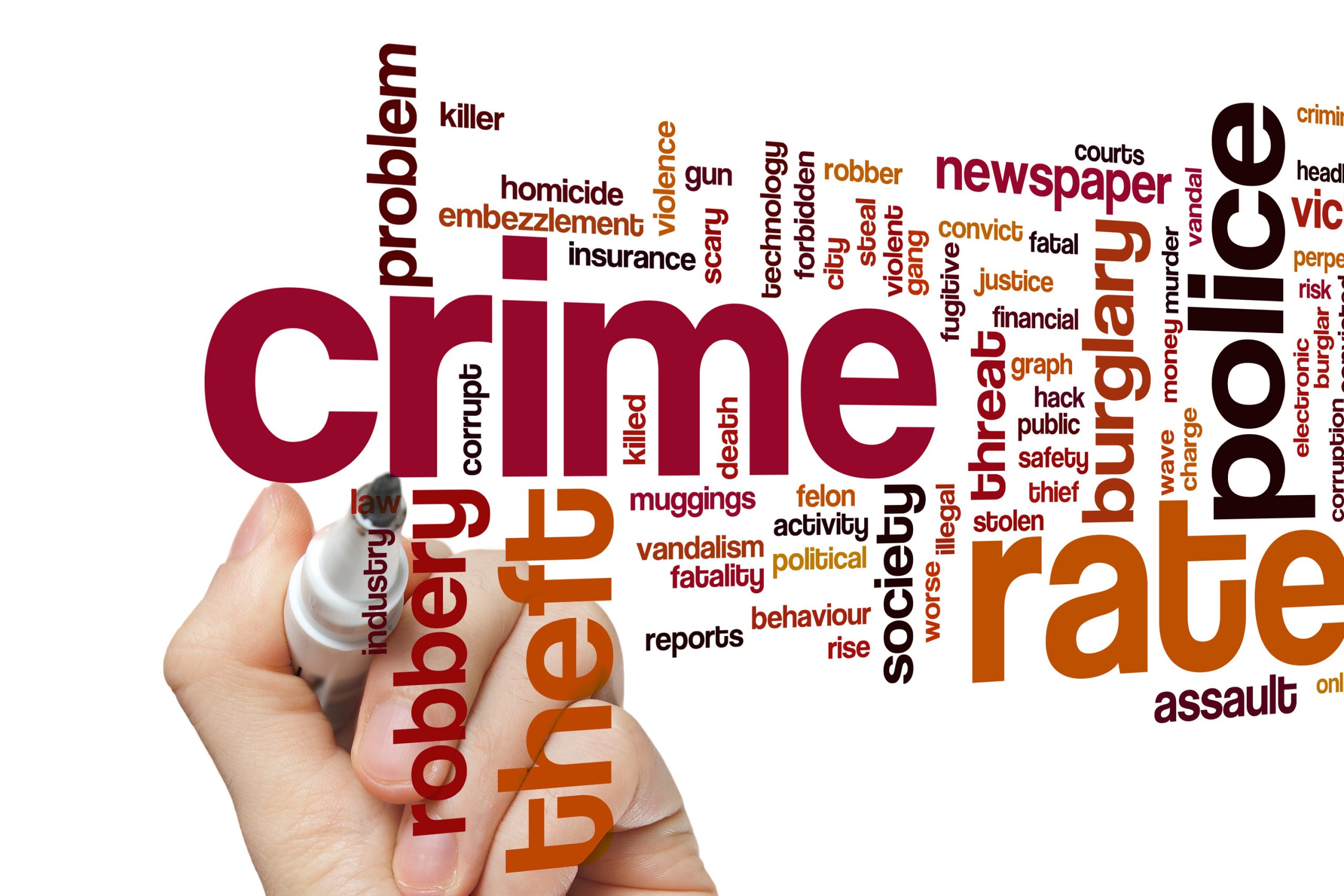Can CCTV cameras be hacked?
CCTV cameras have become an essential tool for enhancing security and preventing crime in many settings, including homes, businesses, and public spaces. However, with the increasing use of internet-connected cameras, concerns have arisen about the potential for these cameras to be hacked. In this article, we will explore the question of whether CCTV cameras can be hacked, the potential risks of a hack, and how to prevent hacking.
Can CCTV Cameras be Hacked?
The short answer is yes, CCTV cameras can be hacked. Any device that is connected to the internet is potentially vulnerable to hacking, and CCTV cameras are no exception. Hacking of CCTV cameras can take various forms, including unauthorized access to camera feeds, manipulation of camera settings, and even complete control of the camera system.
One of the most common ways that CCTV cameras are hacked is through the use of default passwords. Many CCTV camera manufacturers ship their devices with default usernames and passwords that are easily guessed by hackers. If these passwords are not changed, hackers can gain access to the camera system and view or manipulate camera feeds.
Another way that CCTV cameras can be hacked is through vulnerabilities in the camera software or firmware. As with any software, CCTV camera software can have bugs or security vulnerabilities that can be exploited by hackers. If these vulnerabilities are not patched, hackers can use them to gain access to the camera system.
Risks of Hacking CCTV Cameras:
- The risks of hacking CCTV cameras can vary depending on the specific circumstances of the hack. In some cases, the consequences of a hack can be relatively minor, such as the unauthorized viewing of camera feeds. However, in other cases, the consequences can be severe, including the theft of personal information, the manipulation of camera settings, and even physical harm.
- One of the most significant risks of a CCTV camera hack is the potential for the theft of personal information. CCTV camera systems often collect and store personal information, such as video footage and audio recordings. If this information falls into the hands of a hacker, it can be used for identity theft, blackmail, or other nefarious purposes.
- Another risk of hacking CCTV cameras is the potential for the manipulation of camera settings. Hackers can use access to camera systems to change camera angles, disable cameras, or even create false video footage. This can compromise the integrity of a security system and make it more difficult to prevent or investigate crimes.
- Finally, there is the risk of physical harm. If a CCTV camera system is hacked in a public space, such as a shopping mall or train station, the hacker may be able to use the cameras to monitor the movements of individuals and potentially plan or carry out physical attacks.
Preventing Hacks:
Fortunately, there are several steps that individuals and businesses can take to prevent CCTV camera hacks. These include:
- Change Default Passwords: One of the most critical steps in preventing CCTV camera hacks is changing the default passwords that come with the cameras. Users should choose strong, unique passwords that are difficult to guess and should change them regularly.
- Update Software and Firmware: CCTV camera manufacturers often release software and firmware updates that address security vulnerabilities. Users should make sure to update their camera software and firmware regularly to take advantage of these updates.
- Use Encryption: Users can further protect their CCTV camera feeds by using encryption. Encryption scrambles the data transmitted between the camera and the user’s device, making it more difficult for hackers to intercept and view the data.
- Limit Access: Users should limit access to their CCTV camera systems by using firewalls, network segmentation, and access controls. This can prevent unauthorized access to camera feeds and settings.
Conclusion:
In conclusion, while CCTV cameras are an effective tool for enhancing security, they are not immune to hacking. As we have seen, hackers can exploit default passwords, software vulnerabilities, and other weaknesses to gain access to camera feeds and settings. However, there are steps that individuals and businesses can take to reduce the risk of a CCTV camera hack, including changing default passwords, updating software and firmware, using encryption, and limiting access. By taking these steps, users can help to ensure that their CCTV camera systems remain secure and effective in preventing crime. It is essential to stay informed and vigilant about the potential risks of hacking and to take proactive measures to protect personal information and ensure the safety and security of our communities.

Penalties for hacking CCTV cameras in Canada
In recent years, CCTV cameras have become increasingly prevalent in public spaces and private property throughout Canada. These cameras are intended to enhance public safety and prevent crime by providing continuous monitoring and surveillance. However, as with any technology, there are risks associated with CCTV cameras, including the possibility of hacking. The Canadian government takes the issue of hacking very seriously, and individuals who engage in illegal activities such as hacking CCTV cameras can face severe penalties.
Hacking a CCTV camera in Canada is a criminal offence under the Criminal Code of Canada. Individuals who are found guilty of hacking CCTV cameras can face a range of penalties, including fines, imprisonment, and a criminal record. The specific penalties will depend on the severity of the offence and the circumstances of the case.
Under Canadian law, hacking a CCTV camera without authorization is considered to be an offence under section 342.1 of the Criminal Code, which is known as the “Unauthorized use of a computer” provision. This provision prohibits anyone from using a computer, including a CCTV system, without the owner’s consent or authorization. This can include accessing the camera system, altering its settings, or recording or viewing the footage without permission.
The penalty for unauthorized use of a computer can vary, depending on the severity of the offense. In most cases, offenders can face fines of up to $5000, imprisonment for up to ten years, or both. The penalties can be more severe in cases where the offense involves aggravating factors such as fraud or theft, or where the offender has a prior criminal record.
In addition to criminal penalties, individuals who are found guilty of hacking CCTV cameras can also face civil penalties. These penalties can include being sued for damages or being ordered to pay fines or other forms of compensation to the victims of their actions.
The Canadian government has taken steps to address the issue of CCTV camera hacking and to protect the privacy and security of Canadians. For example, the Personal Information Protection and Electronic Documents Act (PIPEDA) sets out rules for the collection, use, and disclosure of personal information in the course of commercial activity. These rules include requirements for obtaining consent before collecting personal information, and for protecting personal information against unauthorized access, use, or disclosure.
In conclusion, hacking CCTV cameras is a serious criminal offence in Canada, and offenders can face severe penalties, including fines, imprisonment, and a criminal record. As the use of CCTV cameras continues to expand, it is essential to remain vigilant about the risks associated with these systems and to take appropriate steps to protect them from unauthorized access or use. By following best practices for cybersecurity and staying informed about the latest threats and vulnerabilities, we can help to ensure that our CCTV camera systems remain secure and effective in preventing crime.



